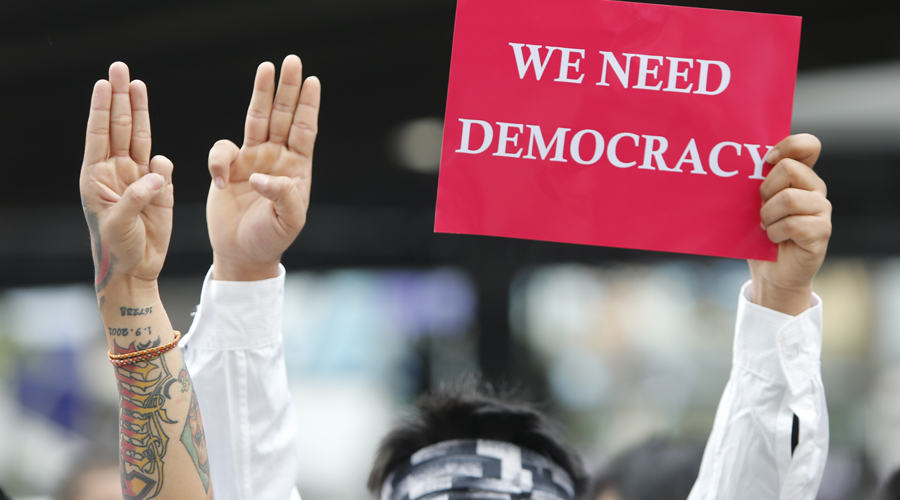The Myanmar military regime’s execution of four pro-democracy leaders has sparked outrage from the United Nations, multiple countries, as well as regional blocs like the Association of Southeast Asian Nations. India has stayed silent. That is a mistake — not just from a moral perspective but also from a strategic standpoint. The four activists, including a former lawmaker and hip-hop star, were accused by Myanmar’s junta of ‘terrorism’, but all the evidence suggests that their only crime was to fight for democracy. They were among the leaders of the mass protests that broke out across Myanmar after the military coup last year. Their trials were conducted behind closed doors by military courts. U Phyo Zeya Thaw, the former lawmaker who has been killed, was a member of Aung San Suu Kyi’s National League for Democracy. Ms Suu Kyi, who effectively led the country between 2016 and 2021 after her party won Myanmar’s first democratic elections in decades, is being held in solitary confinement. For the military, the executions serve as a message to all opponents that the junta is not bound by either law or precedent.
The death penalty for the pro-democracy activists is also a stinging reminder to nations like India of the limitations of a strategy of accommodation towards the Myanmar military. New Delhi has tried to engage with the country’s uniformed rulers, even sending its foreign secretary for a visit to Myanmar last December. India’s security concerns in the Northeast require some cooperation with Myanmar. New Delhi is also understandably worried about Beijing using the West’s treatment of Myanmar as a pariah to strengthen its footprint there. But the absence of even a gentle rebuke from India is hard to justify when the world’s largest democracy has a next-door neighbour that considers democratic opposition to the government an act of terrorism. Morally, it makes New Delhi appear unprincipled at a time when even Cambodia’s authoritarian prime minister, Hun Sen, has spoken against the executions. Strategically, it conveys the idea that India is so weak-kneed about defending its interests in the region that it is willing to mimic China’s response to events in Myanmar. But New Delhi can never out-manoeuvre Beijing by copying it. To challenge China in their shared neighbourhood, India must stand up for what makes it different; for what makes it India.











